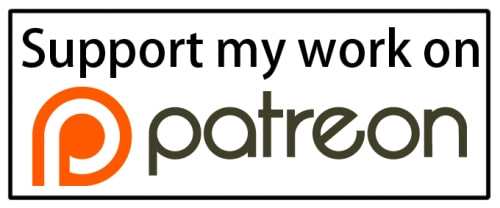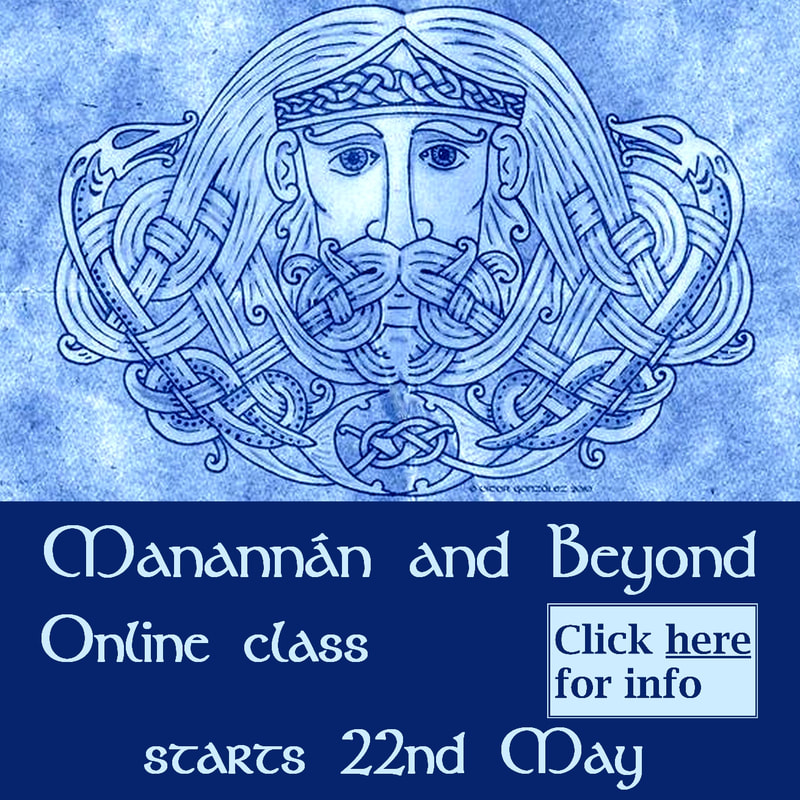Sat Chit Ananda
Parabrahma
Purushothama
Paramatma
Sri Bhagavathi
Sametha
Sri Bhagavathe
Namaha
Sat - truth, Chit- consciousness, Ananda - bliss (this is also a mantra in its own right)
Parabramha - the unmanifest divine, the divine that is all around us, the air we breathe, the space that's all around us permeating everything.
Purushothama - the divine that is manifest in human beings, as our spiritual teachers, gurus, avatars, enlightened masters.
Paramatma - the soul that's within every living thing, the divine essence that's within every living thing.
Sri Bhagavathi Sametha Sri Bhagavathe - the feminine principle together with the masculine principle.
Namaha - I offer salutations (to all of the above). So to the divine in its unmanifest form, then channelled into our teachers and gurus, then coming to the universal understanding of everything being divine, of everything being a reflection of the divine perfection and then the dance of the feminine and the masculine energy like a yin and yang at the end of the mantra.
If you would like to read a more detailed explanation of the Moola Mantra I like this one (scroll down to the "Full Meaning").
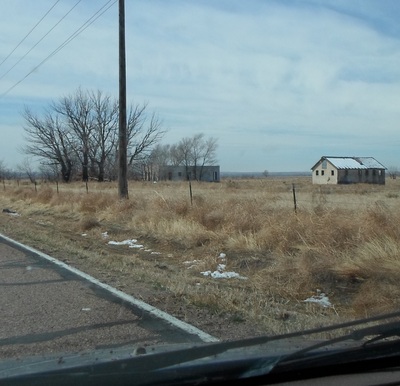
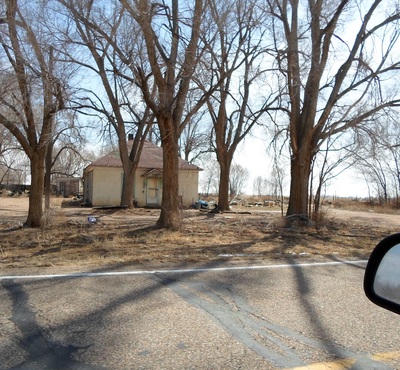
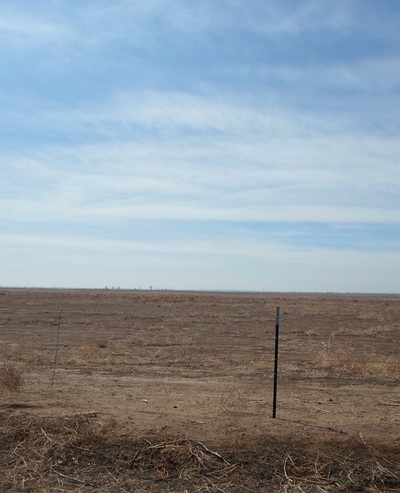
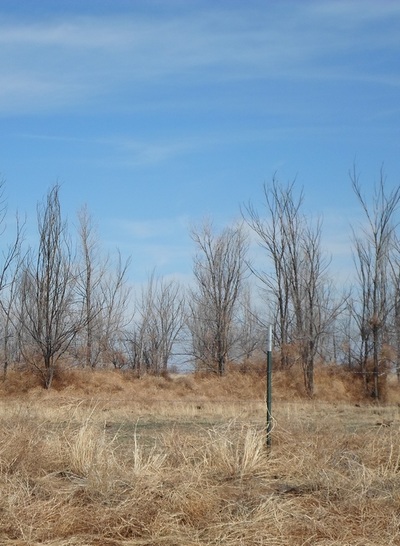
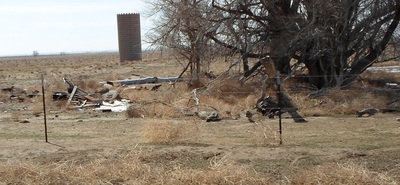
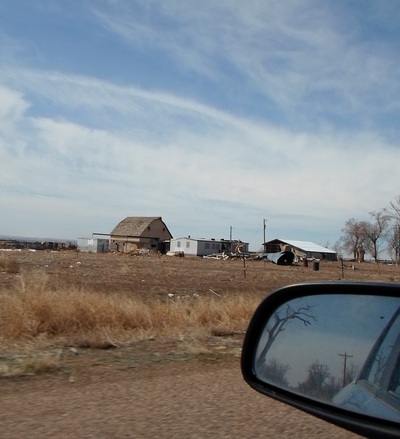

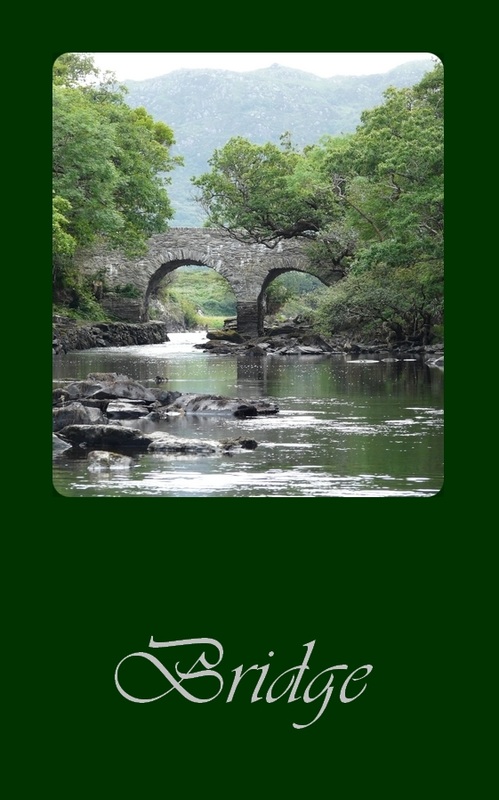
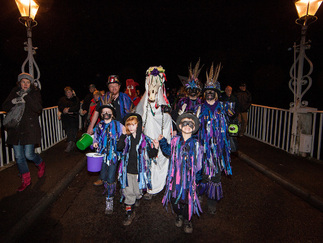
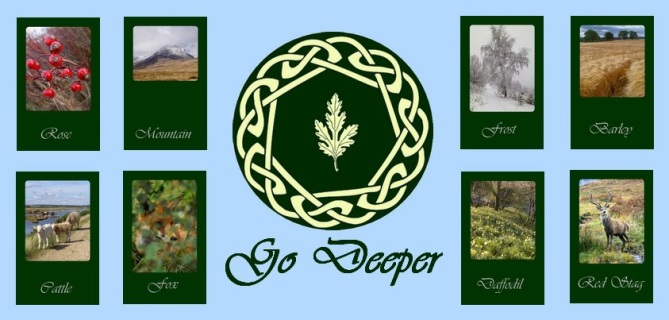
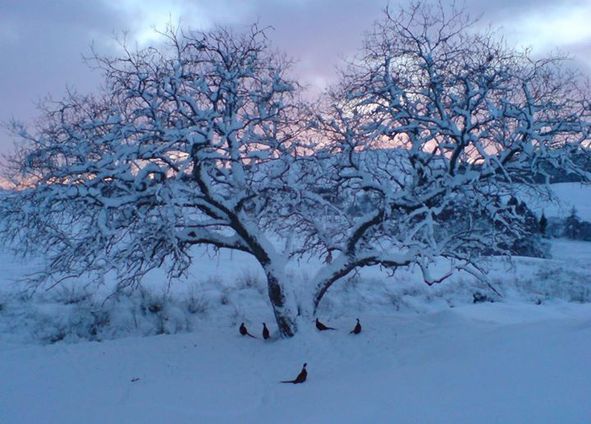

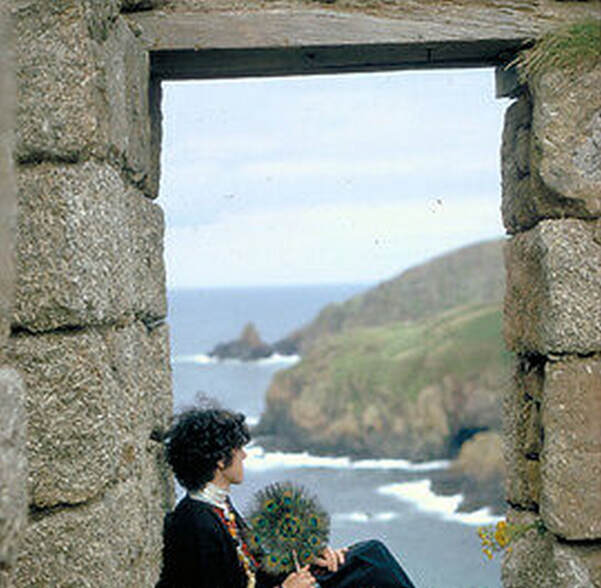
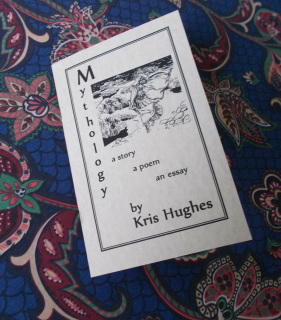
 RSS Feed
RSS Feed


